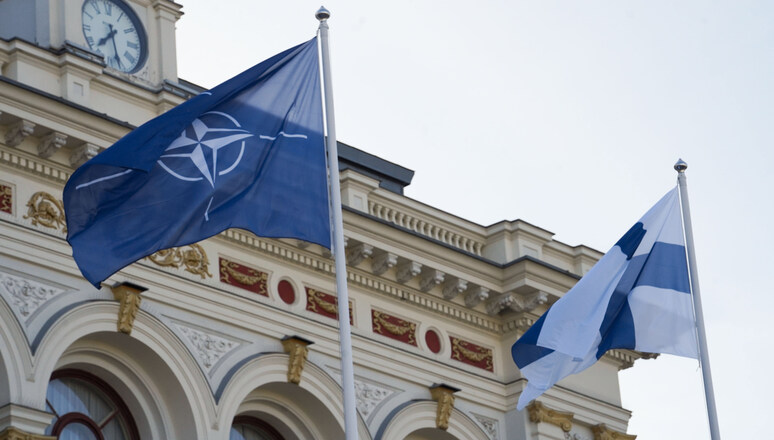Delegates from Allied nations gathered in Tampere, Finland in May 2024 to discuss the importance of enhancing resilience through civil preparedness as a key element of NATO’s deterrence and defense strategies. The meeting focused on strategic developments in shipping, civil aviation, and surface transport systems, as well as the impact of the global security situation on various modes of transport. Representatives from Allied Command Operations, Joint Support & Enabling Command, NATO Support and Procurement Agency, NATO Shipping Centre, Multinational Sealift Steering Committee, the Finnish Defence Forces, and commercial transport operators provided updates and insights during the discussions.
As hostile actors increasingly target critical assets and infrastructure, the importance of enhancing resilience through civil preparedness, particularly in the commercial transport sector, was emphasized during the meetings. This approach is vital for taking a whole society approach to security and improving cooperation between civil and military authorities on resilience. The findings and discussions from the meeting are expected to contribute to strengthening the coordination and collaboration between different stakeholders in the transportation sector to better prepare for and respond to security threats.
During the meeting, Finland’s Minister of Transport and Communications, Lulu Ranne, highlighted the importance of integrating the strengthening of Finland’s transport infrastructure into NATO’s broader transport planning. This integration is crucial for ensuring the security and resilience of transportation networks in the region and aligning them with NATO’s strategic objectives. The discussions in Tampere aimed to enhance the preparedness and response capabilities of both civil and military authorities to address security challenges in the transportation sector effectively.
Overall, the meeting in Tampere served as a platform for delegates from Allied nations to exchange knowledge, insights, and best practices on enhancing resilience through civil preparedness in the transportation sector. By focusing on strategic developments and the impact of the global security situation on different modes of transport, participants were able to identify key areas for cooperation and coordination to strengthen the security and resilience of transportation networks. The outcomes of the meeting are expected to inform future initiatives and strategies aimed at enhancing the overall deterrence and defense capabilities of NATO member states in the face of evolving security threats.









